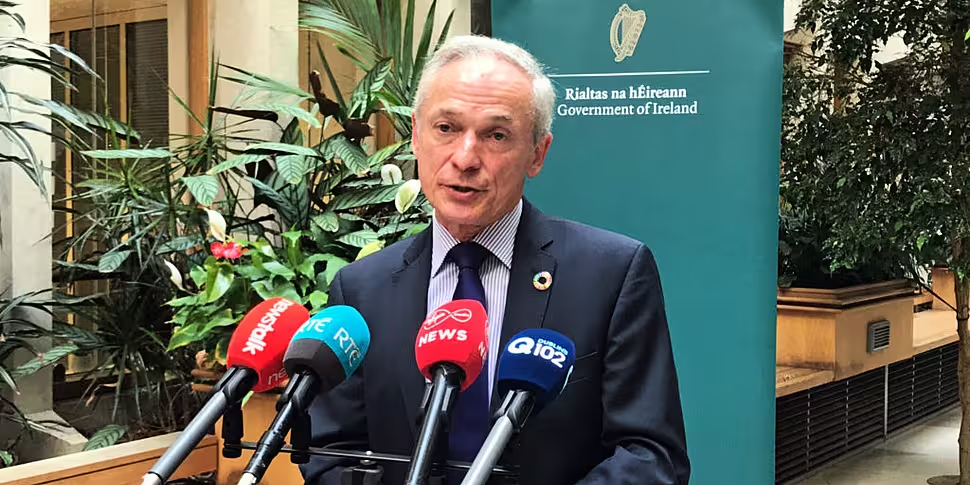The Communications Minister Richard Bruton has said he is not going to consider abandoning the current National Broadband Plan.
An Oireachtas Committee report this week found the tender process was not fit for purpose to connect rural homes at an affordable price.
The Government has already awarded the roll-out to its preferred bidder, Granahan McCourt, at a cost of almost €3bn.
Granahan McCourt was the sole remaining bidder in the tender process.
It is part of efforts to ensure more than 500,000 homes and businesses are connected - and the Government has claimed 1.1 million people will benefit.
The first new homes will be connected in 2020 - but thousands of others may have to wait years to be on the grid.
In the first year of the plan, almost 300 Broadband Connection Points will be set up around the country.
Minister Bruton said any changes at this stage are not an option.
"We still have to decide whether we will sign the contract, and that again has further work to be done.
"And in that period I will... look at what the committee has put forward - but we are very advanced in a tender process.
"And some of the proposals that the committee have put forward would represent total abandonment of that process at this stage - and that's not something that we could countenance."
"The process of this tender being put together has been very rigorous - we are at the final stage of that tender process.
"If there was any of that process was to be changed, we would have to abandon the tender and start all over again.
"That would involve a five year wait of people to get access to broadband, which I believe is crucial to rural Ireland".
Last week, Minister of State Seán Canney also criticised a proposal to recommend re-opening the procurement process.
He claimed such an approach would be ill-advised and ill-timed.
He said: "The consequence of collapsing the process would delay the implementation of high-speed fibre broadband to rural Ireland for another three to four years and costs would rise.
"The recommendation to bring the network back into public ownership also makes no sense when the infrastructure being used - the poles - are already in private ownership.
"This would also inevitably lead to additional costs."









